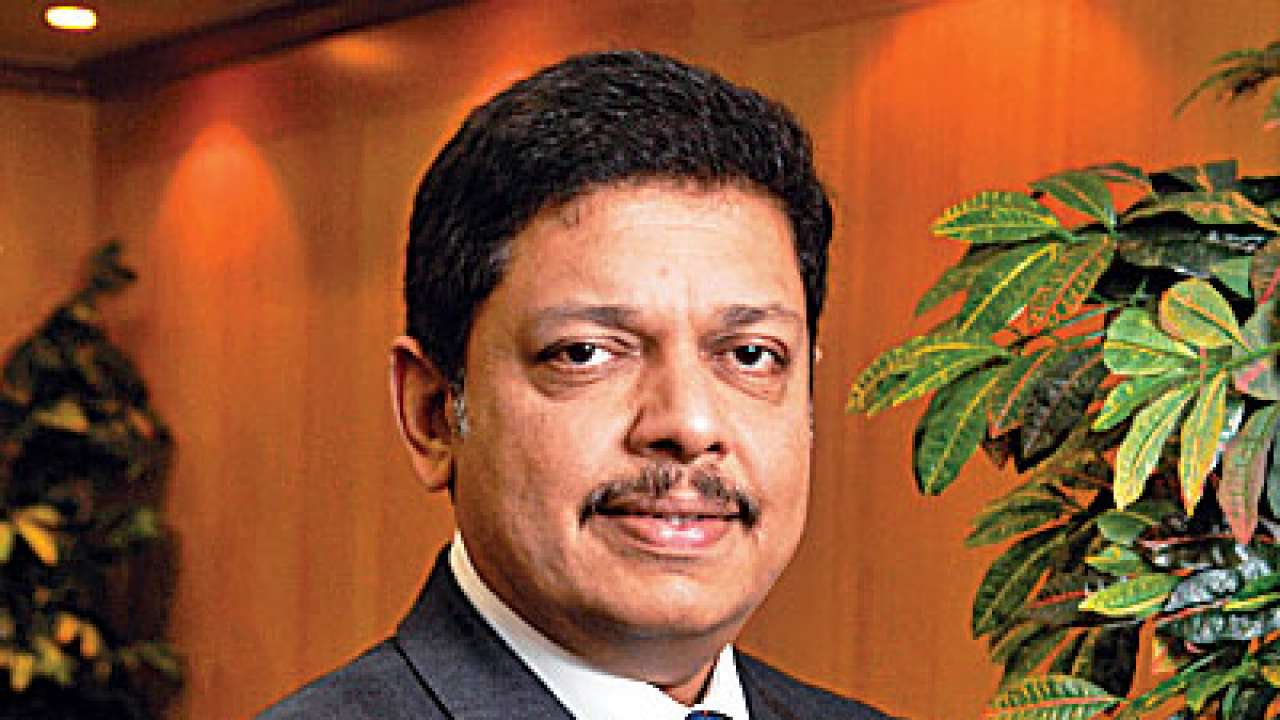
You recently became the first BPO to win a contract from the UK government after the ban was lifted. Considering UK is your primary growth market, what was the impact of the business loss and how did you resolve ties with that government?
If you have tracked us for the last six months, we had no contracts coming from the UK government, which was the largest customer for us. And the concern of the government was the level of transparency and operating efficiency that we offered in our contracts. So there were 32 contracts that were extensively investigated by the government, after which they came to the conclusion that other than the two incidents that were reported, nothing else was wrong. However, this caused us a significant loss of business, and we are working on communicating to clients that we have done nothing wrong, in order to win back our brand trust.
So, how is your dealing with the UK and other governments globally today?
The learning that we had is that it is just not enough to deliver contractual obligations to a customer like the government, but you need to deliver a higher level of transparency and be willing to make only a reasonable amount of money from these contracts, despite these contracts having the ability to be priced higher. Thus, our margins have been lower because of lower priced contracts for the government.
UK continues to be our biggest market, and we have incorporated a corporate renewal programme now which seeks to add ethical value, apart from just business value to all contracts. For example, we run a bus service in Indore where we also ensure cleanliness of buses, messages sent out to passengers for change in timings as well as safety advisory activities. Government contracts are more under vigilance than commercial contracts, but all these 25 years we have not had any issues – with other governments, despite running critical services like defence in the US and checking of illegal immigrants in Australia.
How do you view your India business that is now giving out a lot of contracts to IT and BPO companies?
The government of India is slowly changing, from wanting the lowest price to seeking a provider who can deliver highest value as well. Serco will be in a position to capture a majority of the Indian government BPO contracts, thanks to our experience elsewhere in the world of handling mission-critical services for governments, and we believe the Indian government will be willing to pay more for the value add we offer.
Our India business contributes about $250 million from our $1 billion BPO business and $7 billion in total revenues. We are seeing an uplift of the economies across the globe, on the back of US economy which has been stable since the last 6-8 quarters. So if the US continues to be stable, we will see the rest of the world economies also following suit and business improving, thanks to more economic activity, including in India and other nations where we conduct business.
What is your strategy on acquisitions going forward?
We are actively looking for acquisitions mostly in the areas of cloud, big data, analytics, mobility, and social media in new emerging markets like South Africa and Brazil. We are trying to leverage our work in the rest of the world in these emerging economies. We are also looking at opening more delivery centres in the Middle East, which is expected to continue to do well with growth expected to comeback in the Western world.
How much does rural contribute to your Indian operations and what's the latest your doing on that front?
We are the only company which has penetrated the most in rural areas since 2006. We are in 30 locations and every year we open 3-4 delivery centres in rural areas. The rural market contributes 60% to our domestic BPO business, and we have around 18,000 employees in tier 3 and 4 cities compared to our total India workforce of 30,000. We are now trying to convince our clients that although these locations are not close to their operations, they have a lot of potential, based on the talent we see from these areas, despite more initial training required. Thus we are trying to convince our clients of sub-contracting to these regions, by creating a shared board with rural members included.
Our rural staff get paid almost the same salaries as the top tier cities, and we find these areas to be low on attrition, as well.
What is your take on SMAC and competition from IT companies for similar solutions?
The social, media, analytics, cloud (SMAC) opportunity is real because the new consumer wants to deal with you mainly through the mobile platform, and is looking at more intelligent, tailor-made solutions, and ways of reducing cost by sharing and optimising resources – like cloud. We are building a lot of products and services around SMAC environment.
However, despite IT-BPO convergence, we see no threat to our service offerings from IT firms, because there are different buyers for each of these services and there have been no instances of joint buying, as customers don't want to get everything from one company. So our biggest strength at Serco is as an integrator – not offering end-to-end services.